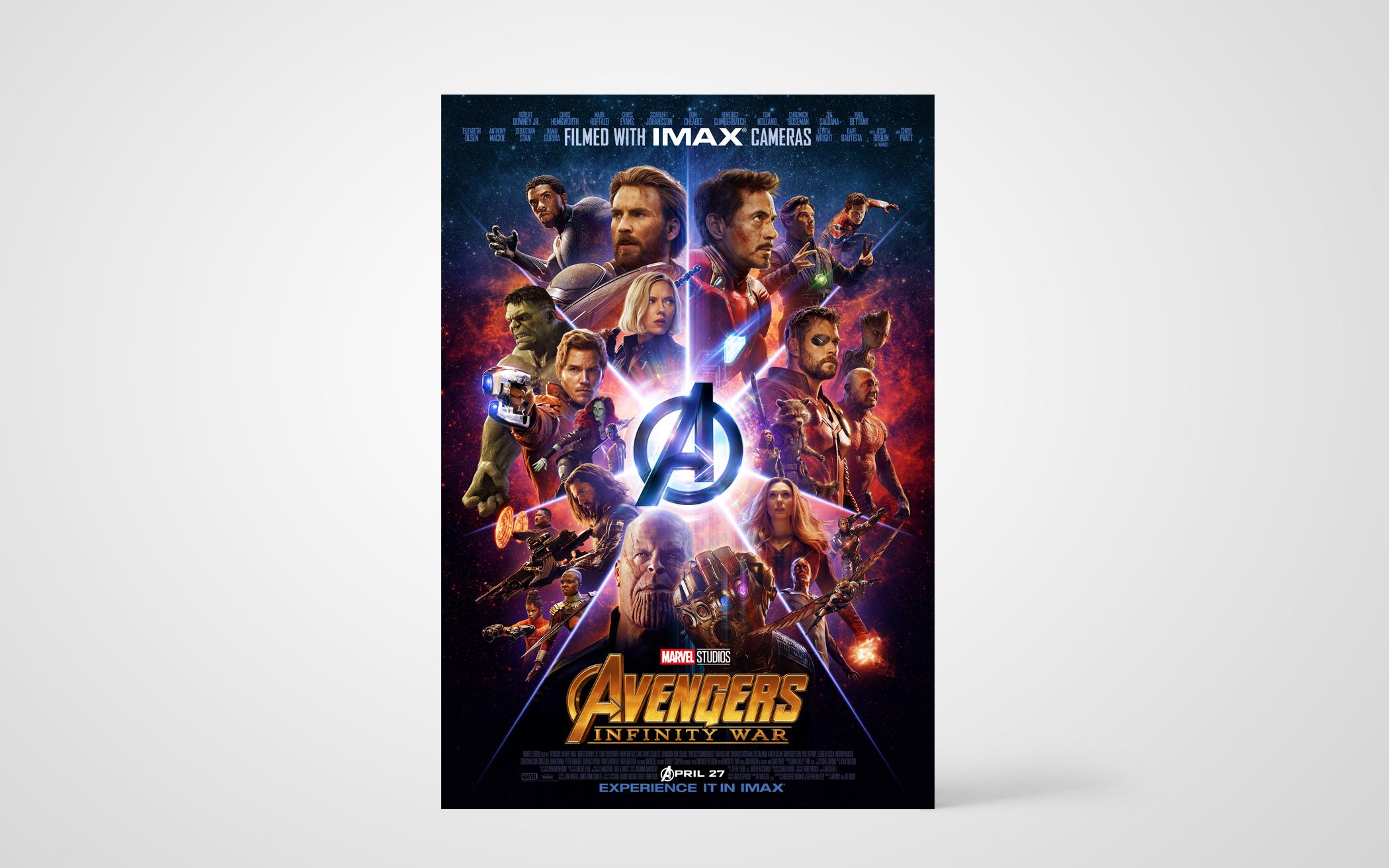Avengers: Infinity War is only half there. Granted, it is only part one of the two-part climax to Marvel’s 10-year Avengers story. But superhero movies, even those that push the genre to new levels of quality, are a standard genre—a good versus evil battle where good wins through justice, courage, and sacrifice. Infinity War upsets all of that.
An epic, dark, cosmic plot is spread over an enormous cast of characters and attempts to bring together the multiple Marvel cinematic styles. The movie focuses on the arc of the villain Thanos, who is bent on ending war, hunger, and suffering by wiping out half the universe’s population with the Infinity Stones.
Some of the best parts of the original Avengers movie and Age of Ultron were the brilliantly choreographed combat and comedy scenes where characters worked together as a team. In this film, the significant players never once all appear on the same plane, which leaves the audience leaping between six storylines. None of the heroes gets to develop an arc, so you’d better be caught up on previous movies to understand their stake in the story. The humor, still excellent, particularly in any scene with Tom Holland’s Spiderman, is clipped combat wit and feels brittle in the midst of the ceaseless tension.
Like Bruce Banner suddenly struggling to become Hulk, Infinity War may be having an identity crisis. Recent Marvel films have ranged from the serious and gritty Captain America trilogy, to zany comedy in Thor: Ragnarok, to the important Black Panther. Infinity War also incorporates lots of agonized screaming (in the first third of the film, our heroes spend more time trapped and tortured than fighting) and some Lord of the Rings elements, complete with Mount Doom and a dwarven mine. Pulling all those styles together has confused the film and crowded out the classic superhero feel.
The film still offers some fascinating ideas about reality and the appeal of superhero films in the midst of the wild ride of the plot. Everyone, Thanos included, is trying to fix the atom-deep brokenness in the world. That's what heroic stories are all about. We may not come to Marvel for reality, but the constant cosmic struggle against evil is real. And often we seem to be losing. Thor is one of the only characters to suggest hope. After losing everything, he says he survives because of the will of Fate. Appealing to a higher will is strange but profound in a genre about worlds dependent on individual power to save or destroy.
We don’t get the victory that leaves us humming the theme song; instead we get what we see on the news and a vivid acknowledgement that strength and "being right" do not guarantee victory. Though strikingly deep in its portrayal of that discouraging battle, the far-from-happy-ending leaves viewers wishing for a fuller resolution in the tradition of the superhero genre and the Marvel style.
Marvel, you got your emotional mileage out of annihilating tropes and characters; we were riveted and surprised. But I still worry it might have cost you what we loved about you. (Marvel)
About the Author
Emily Joy Stroble is a graduate of Calvin College, art maker, mocha drinker, and reader of many books. A regular contributor to The Banner and perpetual student of the world, Emily lives in Grand Rapids, Mich.

